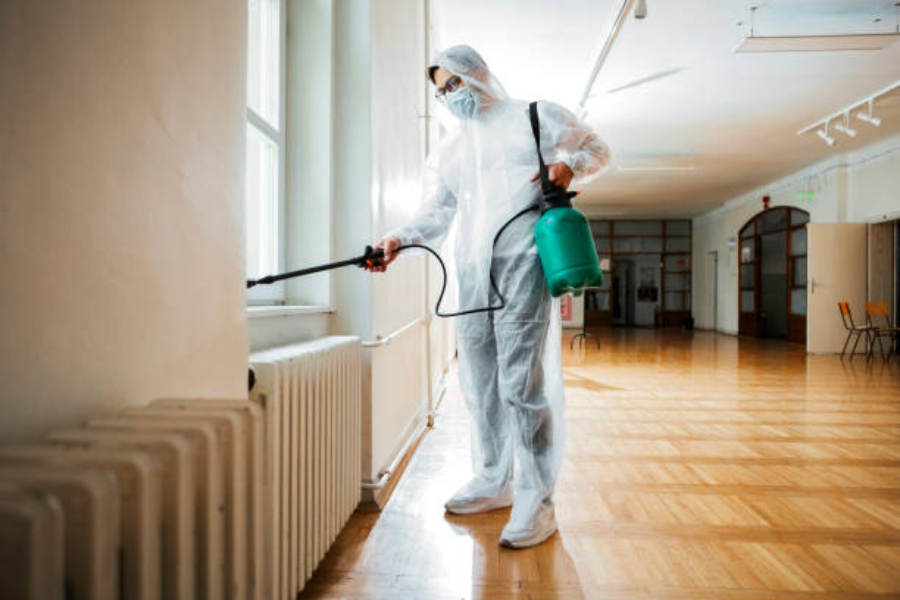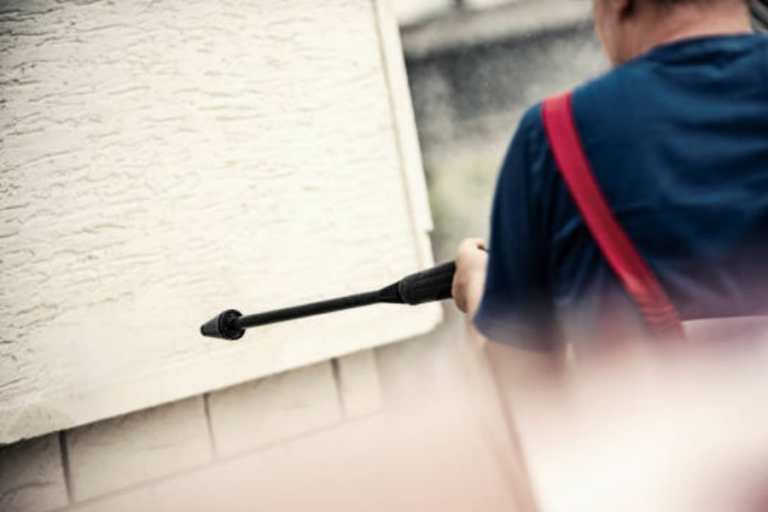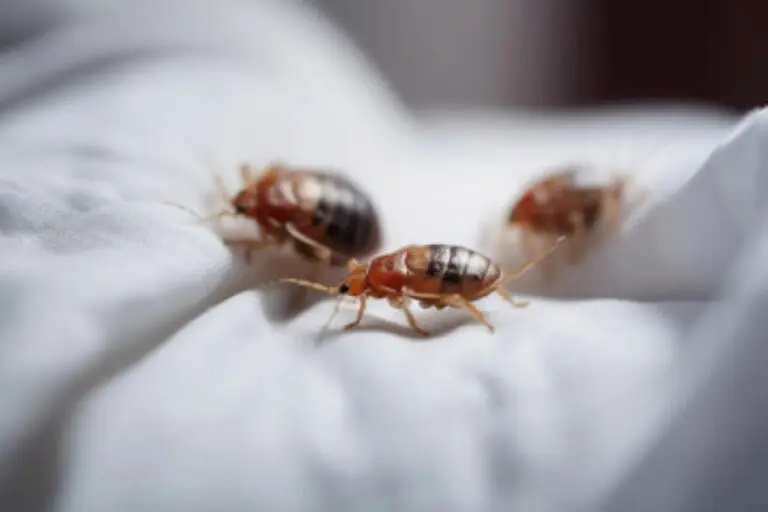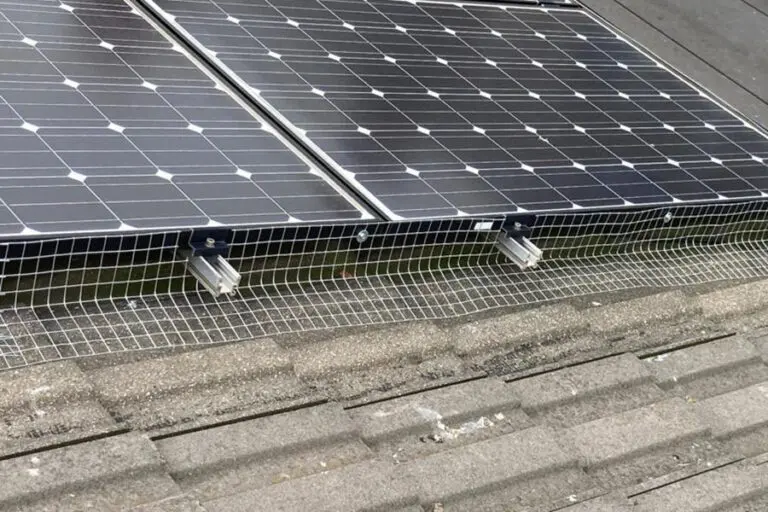The Importance of Pest Control for Commercial Premises

Why Pest Control is Essential for Commercial Premises
Pest control is required to maintain hygiene, safety, and compliance in commercial premises. Effective pest management strategies protect businesses from health risks, structural damage, and reputational harm. Routine inspections and professional interventions prevent infestations.
How Pest Control Helps Businesses
Pest control safeguards businesses from contamination, financial losses, and legal penalties. Food establishments, hospitals, schools, and offices benefit from tailored pest management plans. Consistent pest control efforts meet regulatory standards, ensuring compliance with health and safety laws.
Common Pest Control Services Offered
A variety of pest control services are provided by professional companies, including:
- Routine inspections to detect pest activity early
- Preventative measures to block pest entry points
- Emergency pest removal for immediate infestations
- Pest monitoring to track potential threats
- Sanitation services to eliminate attractants
Pest control is performed using safe and approved methods, ensuring minimal disruption to business operations.
Treatments Used in Pest Control
Different treatments are applied depending on the type of infestation. Some of the most common include:
- Rodent Control: Traps, bait stations, and exclusion techniques are utilised.
- Insect Control: Insecticides, fumigation, and heat treatments are administered.
- Bird Control: Netting, spikes, and deterrents are installed.
- Biological Control: Natural predators are introduced to reduce pest populations.
Pest control is executed with precision, ensuring long-term prevention.
Questions to Ask a Pest Control Company
Before hiring a pest control company, essential questions should be asked:
- What types of pest control services are offered?
- Are the treatments safe for employees and customers?
- Is a guarantee provided for pest control effectiveness?
- How often should pest control treatments be performed?
- What pest prevention recommendations are given?
- Are pest control methods environmentally friendly?
- Is the company certified and compliant with local regulations?
Pest control is best managed by professionals who understand industry-specific requirements and risks.
The Impact of Neglecting Pest Control
Failure to implement pest control can lead to severe consequences for businesses. Infestations may result in health code violations, customer complaints, and even temporary closures. Structural damage caused by pests such as rodents and termites can be costly. The presence of pests can also tarnish a company’s reputation, leading to loss of business and decreased customer trust.
Industry-Specific Pest Control Considerations
Different industries require tailored pest control solutions. For example:
- Food Industry: Strict regulations demand proactive pest control to prevent contamination and health risks.
- Healthcare Facilities: Pest control is essential to maintain a sterile environment and protect vulnerable patients.
- Warehouses and Storage Facilities: Infestations can lead to damage and loss of stored goods.
- Hospitality and Retail: Guest satisfaction and hygiene standards rely on pest-free environments.
Pest control is adapted based on the unique needs of each industry, ensuring compliance and protection.
Eco-Friendly Pest Control Solutions
With increasing awareness of environmental impact, many pest control companies now offer eco-friendly options. Non-toxic baits, heat treatments, and natural repellents are utilised to minimise ecological harm. Businesses seeking sustainable solutions can inquire about green pest control alternatives.
The Role of Employees in Pest Prevention
Employees play a crucial role in pest control efforts. Proper waste disposal, regular cleaning, and immediate reporting of pest sightings contribute to maintaining a pest-free environment. Training programs can be implemented to educate staff on recognising early signs of infestations and taking preventative measures.
Advancements in Pest Control Technology
Technology is continually improving pest control methods. Smart monitoring systems, automated traps, and AI-driven pest detection are revolutionising the industry. Businesses can benefit from these advancements by integrating modern pest control solutions that provide real-time data and early detection capabilities.
The Economic Benefits of Pest Control
Businesses investing in pest control experience financial benefits by preventing costly infestations. When proactive pest control measures are implemented, repair costs, legal fines, and compensation claims are minimised. Insurance premiums may also be reduced for businesses that maintain strict pest control protocols.
Compliance with Health and Safety Regulations
Strict health and safety regulations require businesses to uphold high cleanliness and pest management standards. Failure to comply can lead to fines, closure, or legal action. Regular pest control services ensure businesses comply with local and national health codes.
Seasonal Pest Control Considerations
Different pests become more active during certain times of the year. Businesses must adapt their pest control strategies accordingly:
- Spring and Summer: Insect populations, such as ants, flies, and mosquitoes, increase due to warmer temperatures.
- Autumn and Winter: Rodents seek shelter indoors, increasing the risk of infestations.
Seasonal pest control plans help businesses stay ahead of potential issues throughout the year.
Integrated Pest Management (IPM) Strategies
Integrated Pest Management (IPM) is a comprehensive approach combining multiple methods to effectively control pests. This strategy includes:
- Biological Controls: Using natural predators or pathogens to reduce pest populations.
- Mechanical Controls: Installing traps, barriers, and exclusion techniques to prevent infestations.
- Chemical Controls: Applying pesticides responsibly when necessary.
- Cultural Controls: Educating employees on sanitation and waste management best practices.
IPM strategies are tailored to each business’s needs, ensuring a long-term pest control solution.
The Future of Pest Control
Advancements in pest control are continually evolving, with new technologies and methods being developed to enhance effectiveness. Innovations such as drones for pest detection, automated trapping systems, and eco-friendly pest deterrents are shaping the industry’s future. Businesses that invest in modern pest control solutions benefit from improved efficiency and long-term prevention.





